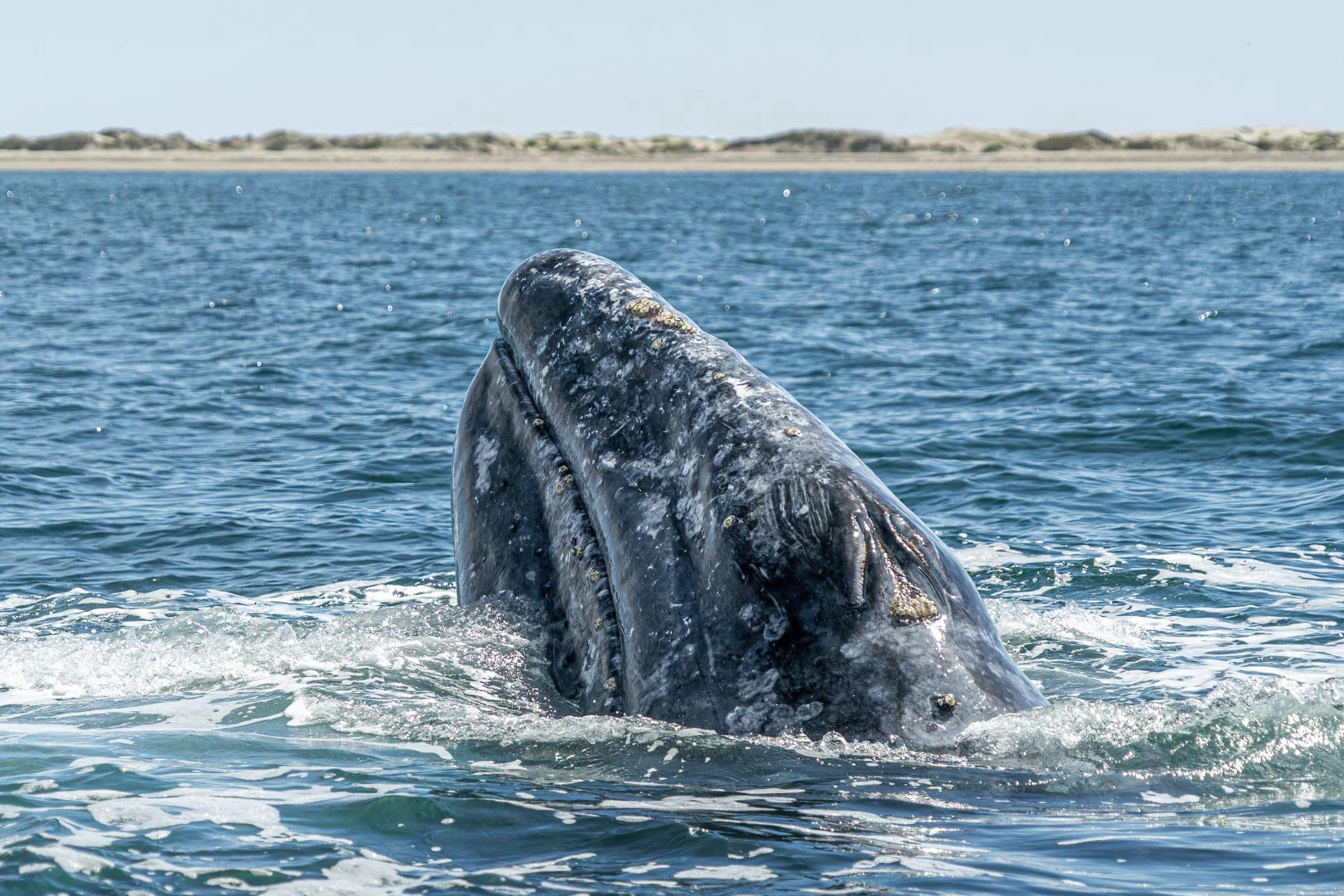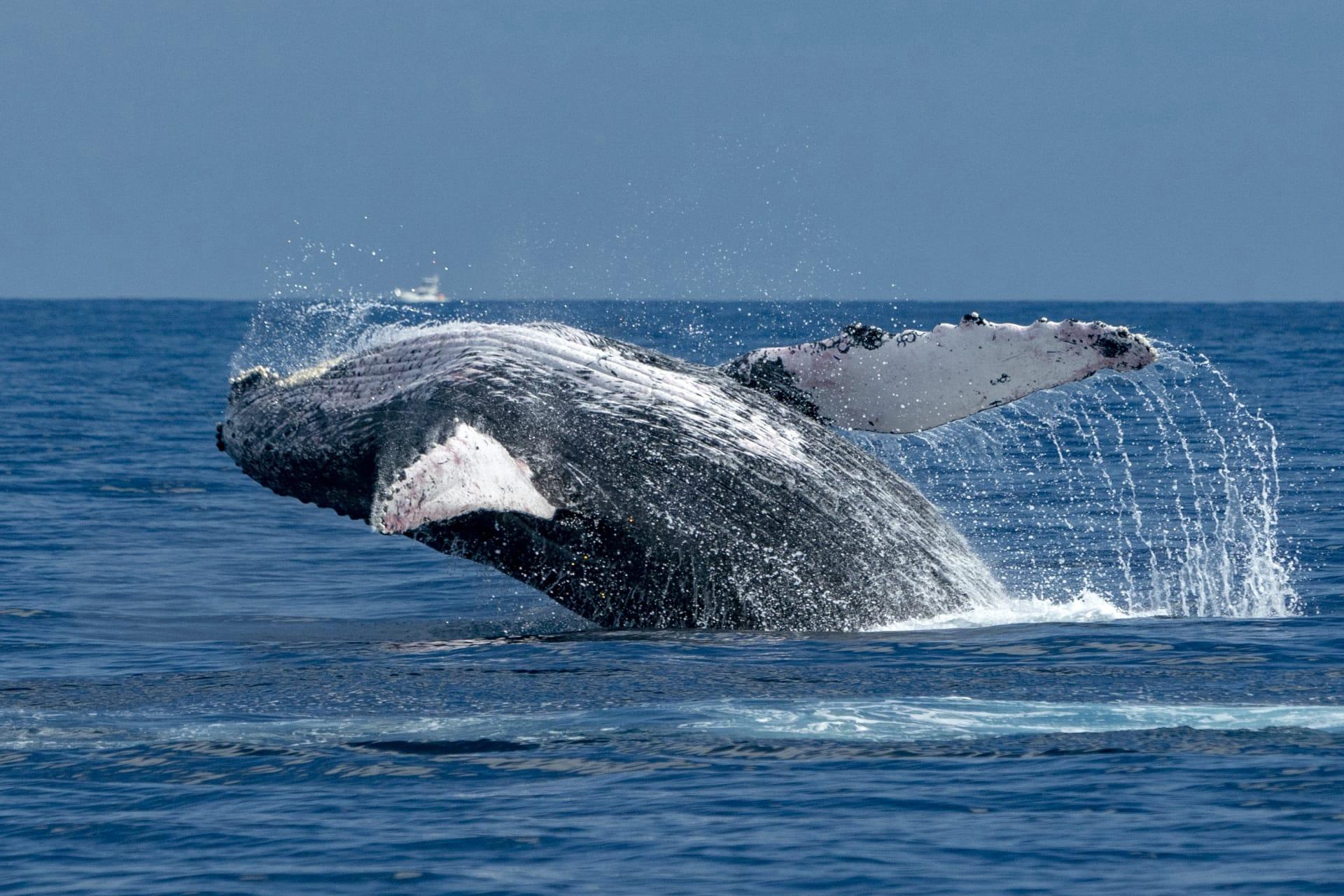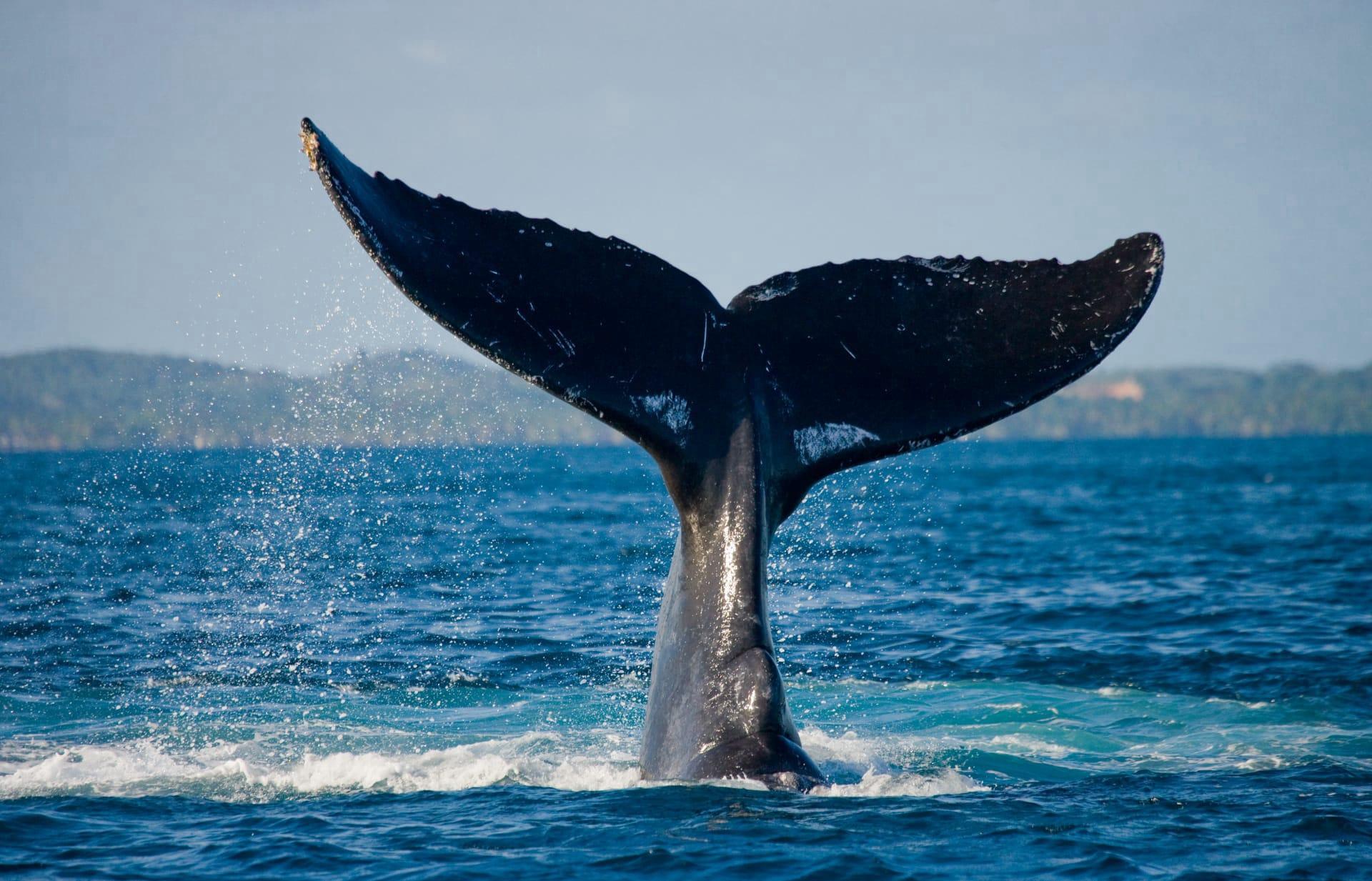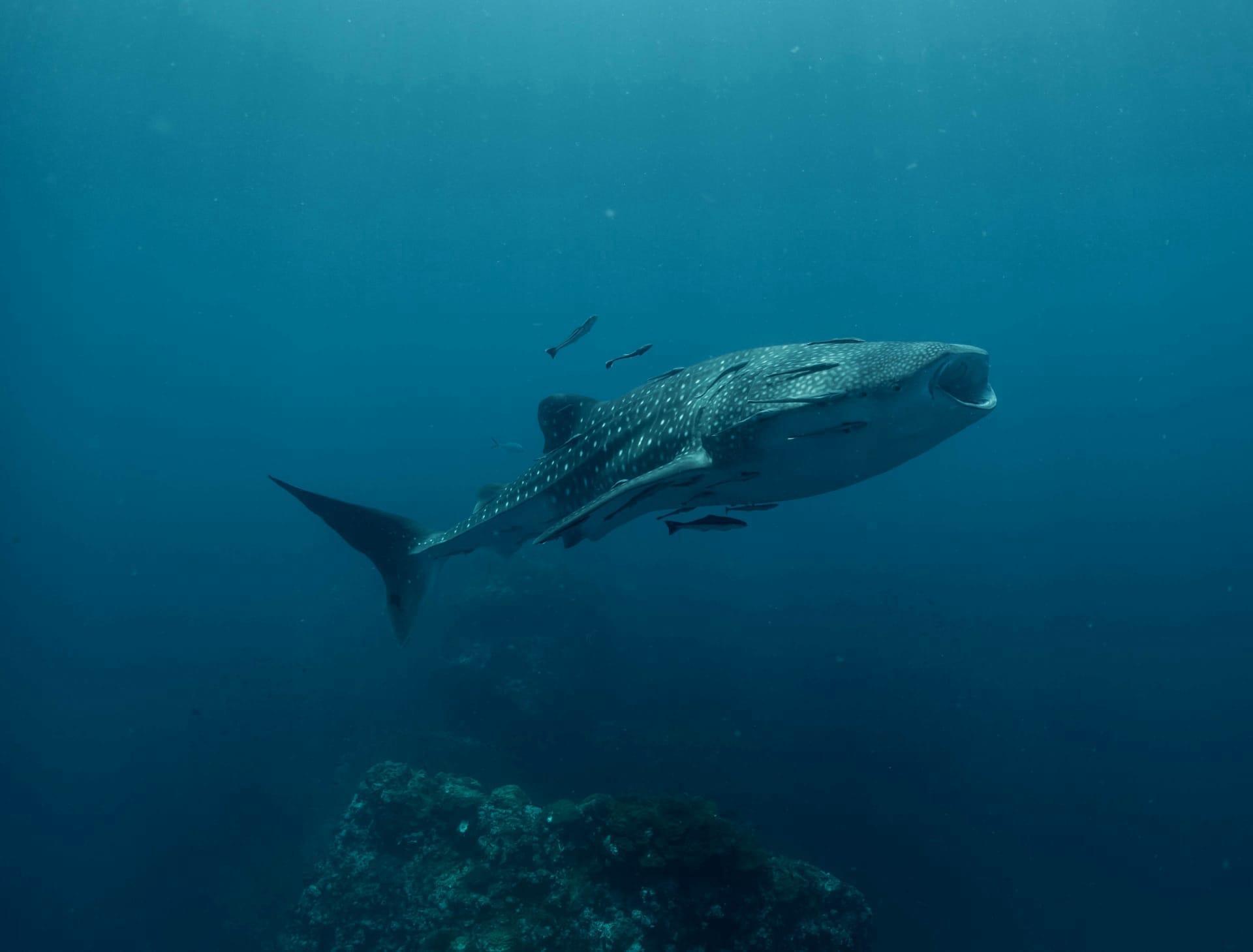Whale Trivia
- Home /
- Trivia Question /
- Animal /
- Whale Trivia
1
Question: How large can whales actually get?
Answer: The Blue Whale holds the record for the largest animal ever, reaching up to 100 feet (30 meters) in length and weighing as much as 200 tons. Their heart alone can weigh 1,300 pounds (590 kg), about as much as a small car.
Question: What is the deepest dive recorded for a whale?
Answer: The Cuvier's Beaked Whale is the champion of deep diving. One individual was recorded reaching a depth of 9,816 feet (2,992 meters), holding its breath for an astonishing 138 minutes – longer than any other marine mammal.

2
Question: Do whales drink seawater?
Answer: Contrary to common belief, whales do not drink seawater. Instead, they extract water from the food they consume, mainly through the metabolism of fat in their prey, which is a rich water source.
Question: Are all whales carnivores?
Answer: While many people think all whales are carnivores, this is not entirely true. Some species, like the Humpback Whale, primarily consume small fish and krill. Others, like the Gray Whale, are bottom feeders that sift through sediment for food, consuming a variety of crustaceans and small organisms.

3
Question: How long can whales live?
Answer: Whales have impressive lifespans. The Bowhead Whale is known for its longevity, with some individuals living over 200 years, making them some of the longest-living mammals on Earth.
Question: Can whales communicate across great distances?
Answer: Yes, whales are famous for their songs, especially the Blue and Humpback Whales. Their low-frequency sounds can travel up to 1,000 miles (1,600 kilometers) underwater, allowing them to communicate across vast ocean expanses.

4
Question: Do whales sleep without drowning?
Answer: Whales are conscious breathers, meaning they have to actively decide when to breathe. They sleep by shutting down one half of their brain at a time, allowing the other half to manage breathing and prevent drowning.
Question: How do whales help combat climate change?
Answer: Whales play a significant role in combating climate change. Their fecal plumes are rich in iron and nitrogen, which fertilize phytoplankton. Phytoplankton not only provides food for many marine species but also absorbs significant amounts of CO2 from the atmosphere.

5
Question: What's the primary threat to whale populations today?
Answer: The most significant threat to whales is human activity, including ship strikes, entanglement in fishing gear, pollution, and the effects of climate change on ocean ecosystems.
Question: How do whales contribute to the ecosystem after their death?
Answer: A whale's death creates what's known as a 'whale fall'. When a whale carcass sinks to the seafloor, it provides a bounty of nutrients for marine life, supporting deep-sea ecosystems for decades. This process recycles nutrients through the ocean's depths.